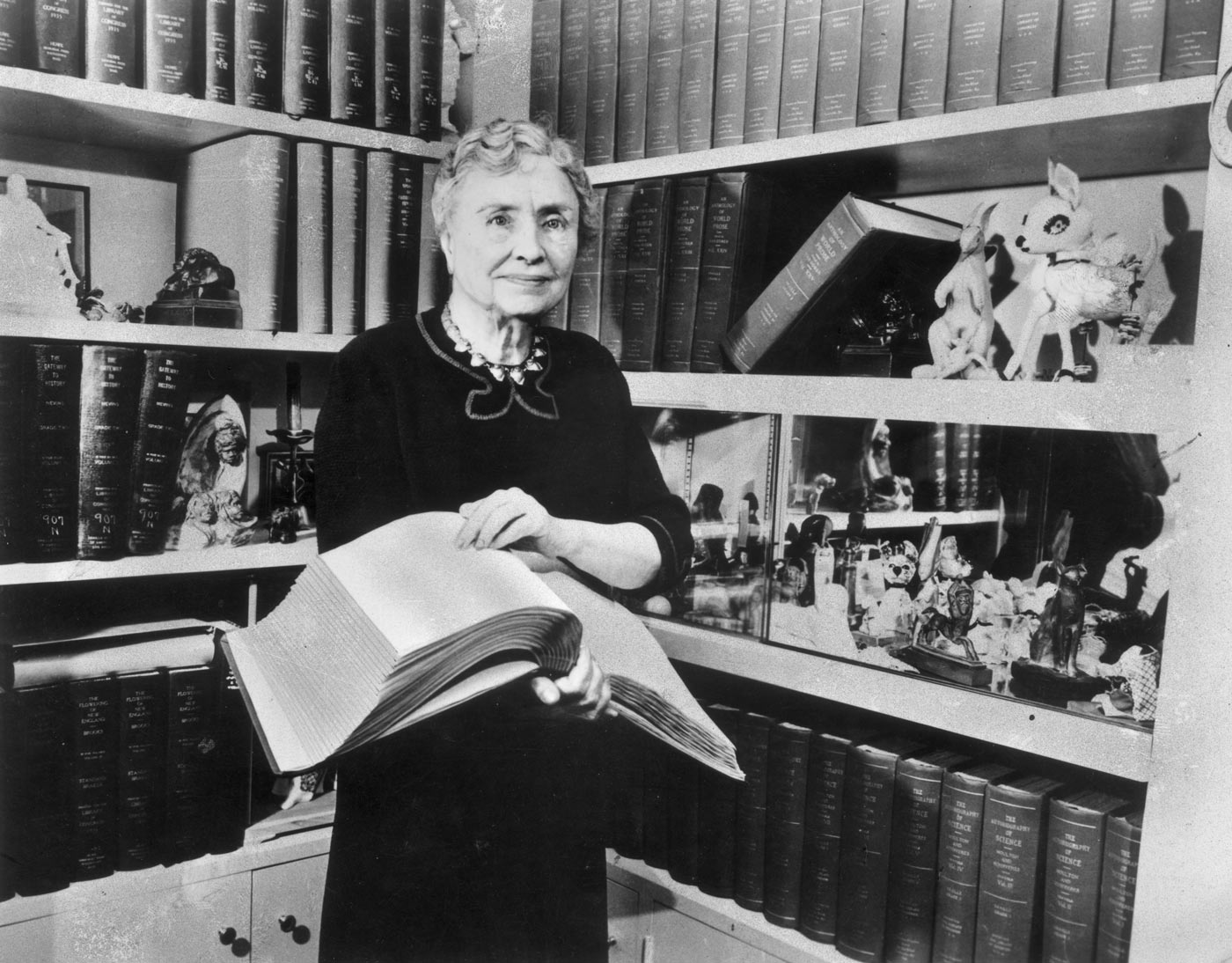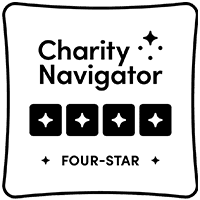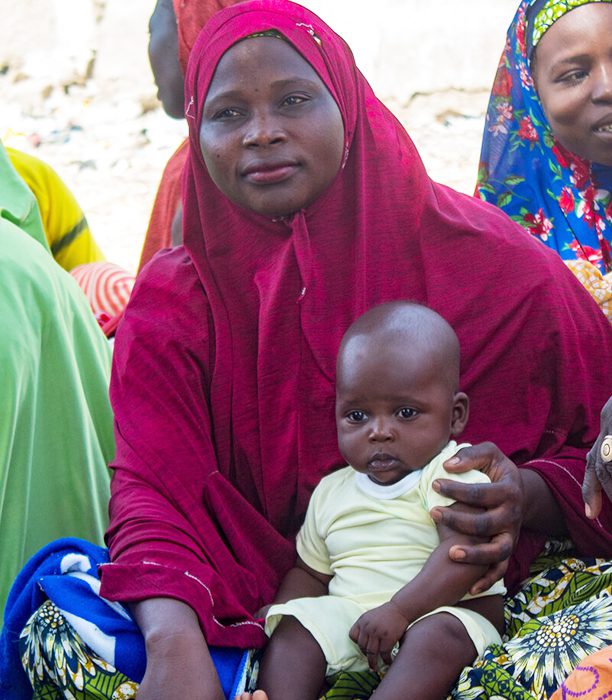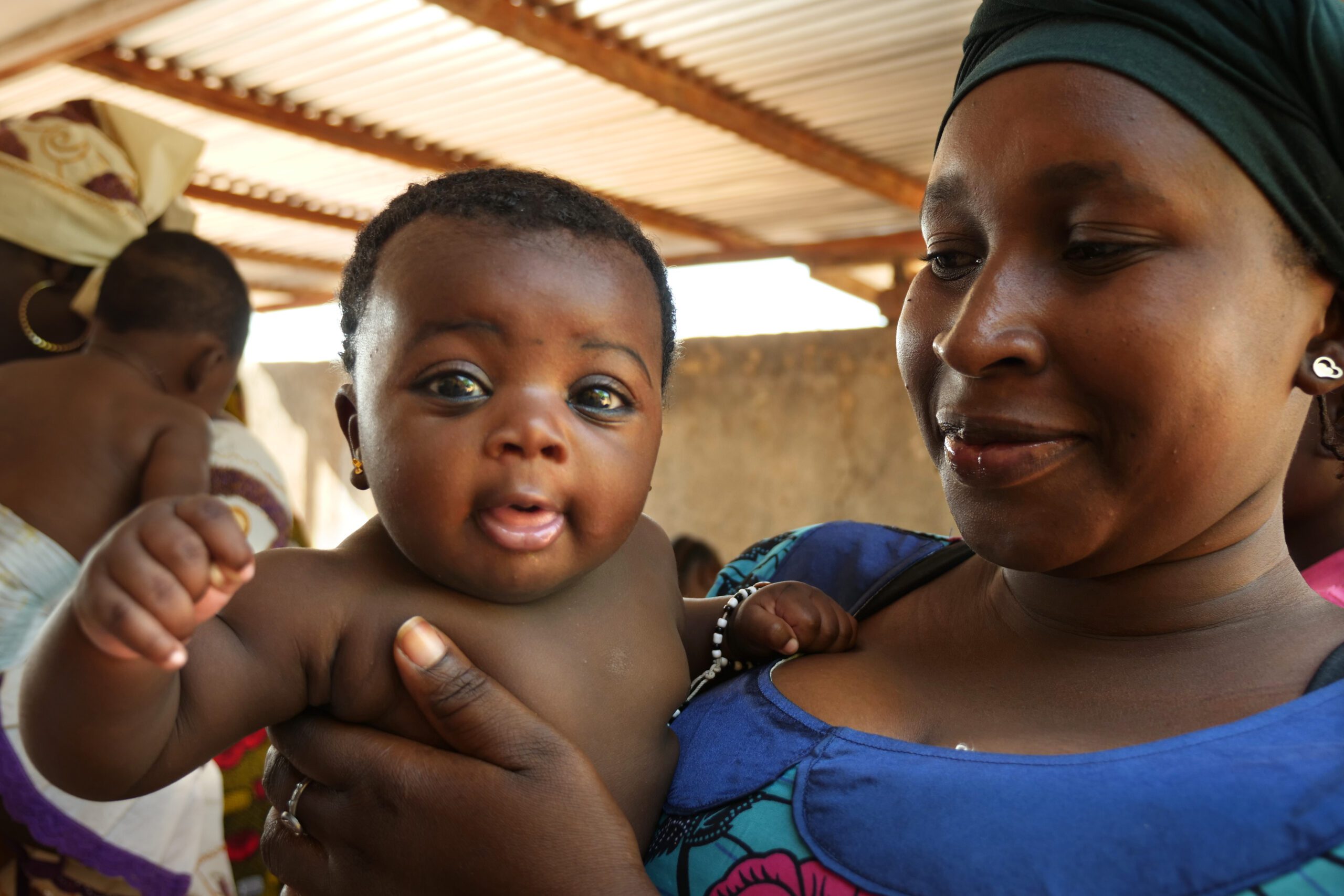
Salimata Coulibaly is on a Mission to End Child Hunger
A force of nature. That’s how people describe Salimata Coulibaly, the founder and executive director of a non-profit organization dedicated to fighting child hunger, Wo Pile Sanga. The name means Help the Children in the local Senufo language.
After hearing several colleagues rave about Coulibaly’s incredible charisma and ambitious projects, I wanted to meet her. I got the chance when I visited Korhogo, the city in northern Cote d’Ivoire where she lives and works.
The office of Wo Pile Sanga is in the heart of town. It sits at the corner of a busy intersection that seems perpetually filled with street vendors, motorists on scooters, and children walking to and from school. Once inside the leafy compound, the street noises recede. A feeling of tranquility permeates the air, but it belies a hive of activity.
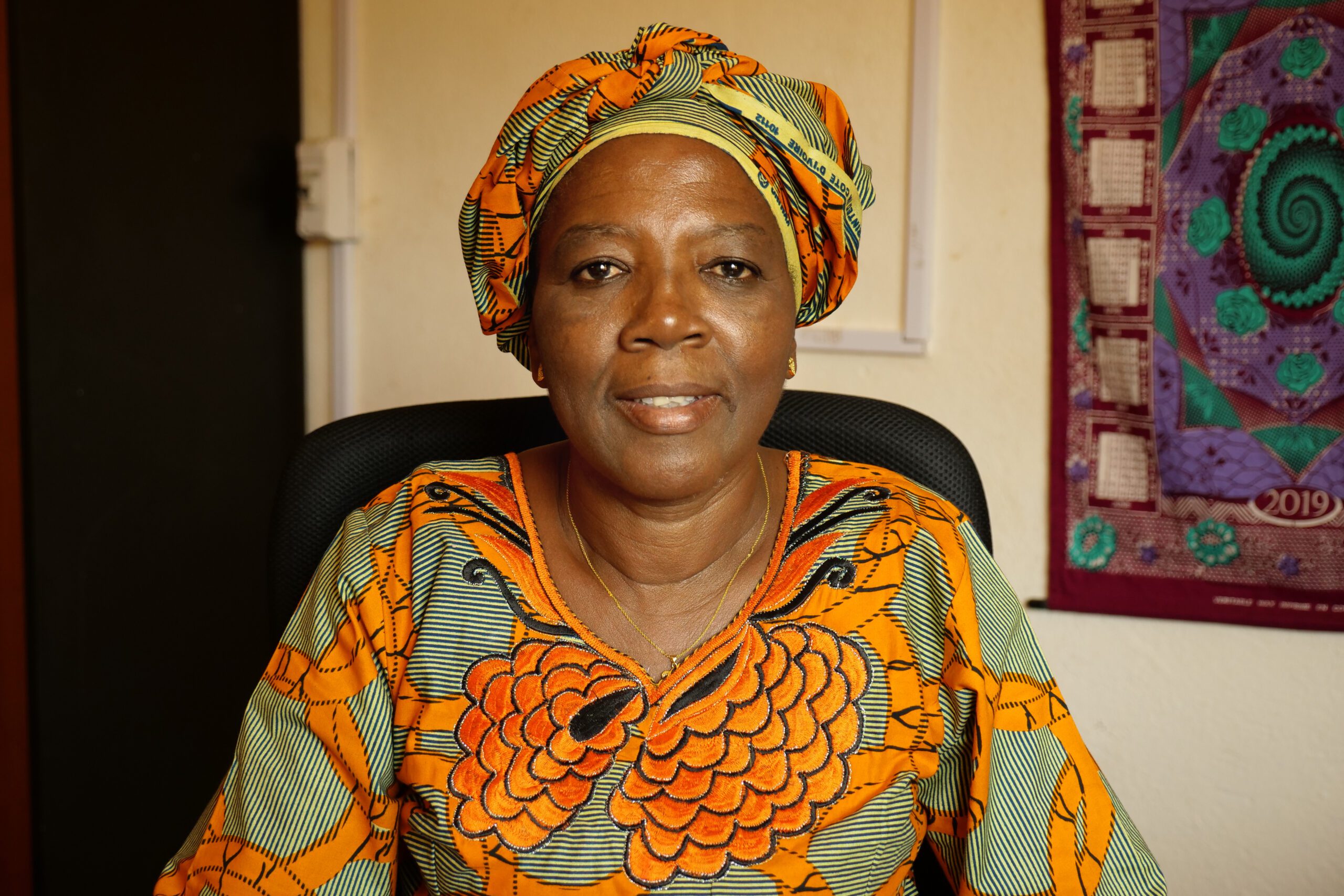
Chiseling Away at Malnutrition
Coulibaly, too, embodies this spirit of quiet industriousness. She welcomes me into her office, and as I take a few minutes to prepare for our interview, she writes an email, consults with a colleague next door, takes a phone call, and writes another email – one thing after the next, calm, cool and collected. I can practically see her chiseling away at her massive undertaking: tackling the huge problem of child hunger.
“People don’t need a lot of money to take care of our children. But we need a little knowledge. If we have that knowledge and also a little bit of support, we can nourish ourselves, we can take care of our children,” she says.
Wo Pile Sanga — Help the Children
Coulibaly has worked in the field of children’s health since 2003. She launched Wo Pile Sanga in 2007. The small but mighty organization hosts free education sessions in which trainers teach mothers about essential nutrition and how to integrate simple hygiene measures that can prevent child hunger and keep children healthy and strong. They carry out cooking demonstrations that show parents how to make nutritious meals for children from affordable, locally sourced foods. They also provide malnutrition screenings, during which they weigh and measure infants to make sure they are growing at a healthy pace.
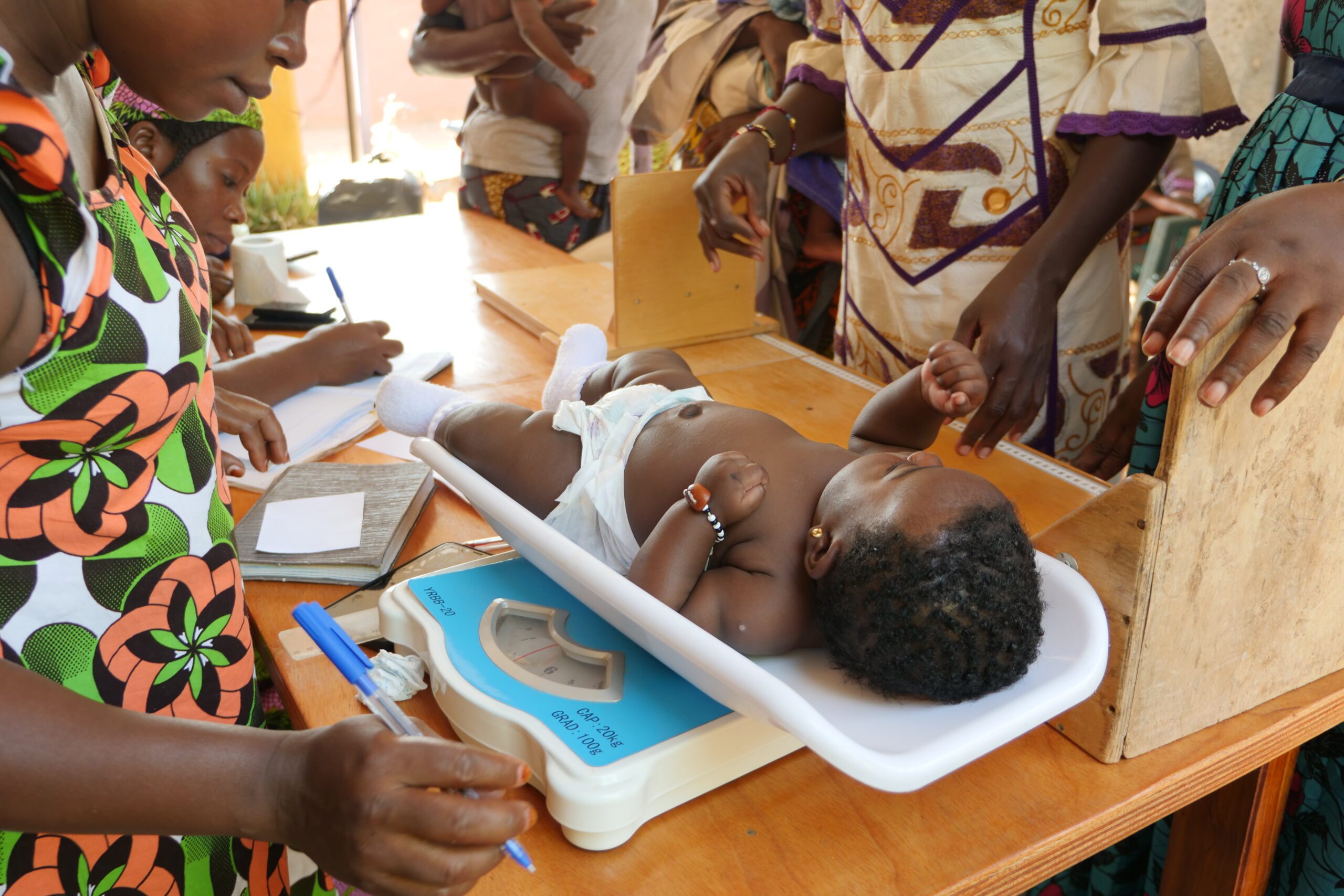
Wo Pile Sanga staff give any child who is moderately malnourished a commercially produced, protein-rich peanut paste called Plumpy-Nut, as well as a locally made fortified porridge mix. They give the mother instructions for how to feed and monitor her child. Meanwhile, they refer severely malnourished children for more intensive treatment at specialized clinics. Perhaps most importantly, Coulibaly trains other health care providers in the community so that they can also do what Wo Pile Sanga does.
When I see a child – regardless of whether it is my own or not, I don’t treat them any differently. Taking care of children is my vocation, my calling.”
Salimata Coulibaly
She does this work, she says, “because I love children. When I see a child – regardless of whether it is my own or not, I don’t treat them any differently. Taking care of children is my vocation, my calling.” She got into this line of work because she was too often heartbroken at seeing the difficulties, including sickness and malnutrition, faced by abandoned and orphaned children in her region. “I wanted to support them, to give them a chance to survive.”
A Fruitful Partnership
Korhogo has some of the worst stunting and severe acute malnutrition levels in Cote d’Ivoire. The area has been plagued with conflict and a weak health infrastructure. These problems are magnified during the June to September “lean season” when families struggle to produce sufficient food. Coulibaly’s work is critical to fighting child hunger and malnutrition and to ensuring that children can live life to their fullest potential.
Helen Keller Intl partnered with Wo Pile Sanga and Coulibaly in 2016, recognizing the organization’s efficacy and its high level of trust and esteem within the community. We knew that our financial and technical support could greatly expand the organization’s capacity to improve children’s lives.
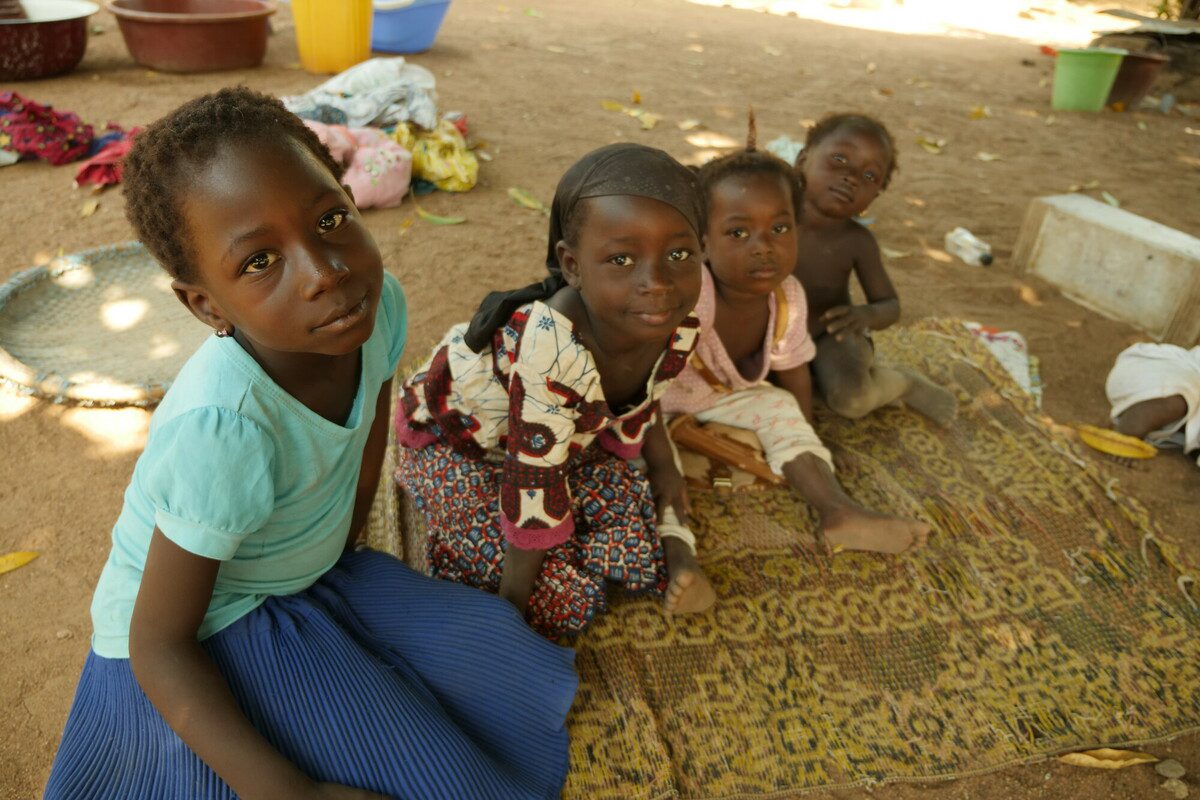
Donate now to provide vulnerable families around the world with the essential resources and information they need to protect themselves in the face of crisis – and beyond.
Coulibaly is an experienced nutritionist with deep local expertise. Helen Keller Intl has been extremely pleased to work with her, and we’ve lent our expertise to help her do even more. We trained her in our overarching framework for improving maternal, infant, and young child nutrition at scale. In turn, Coulibaly became a “Master Trainer,” teaching the framework to other health workers in the district, via onsite trainings that were tailored to the different needs of each workplace.
Through this train-the-trainer approach, we have been able to equip healthcare staff at 100 clinics in Korhogo Health District. They now have the knowledge they need to improve nutrition for expectant and nursing mothers and their young children. The clinics serve nearly one million people across the Korhogo region, so the potential impact is vast.
Meanwhile, Coulibaly continues to provide health and nutrition services through Wo Pile Sanga. My visit coincided with an education session and a malnutrition screening that was open to the community, so I got to see this work in action.
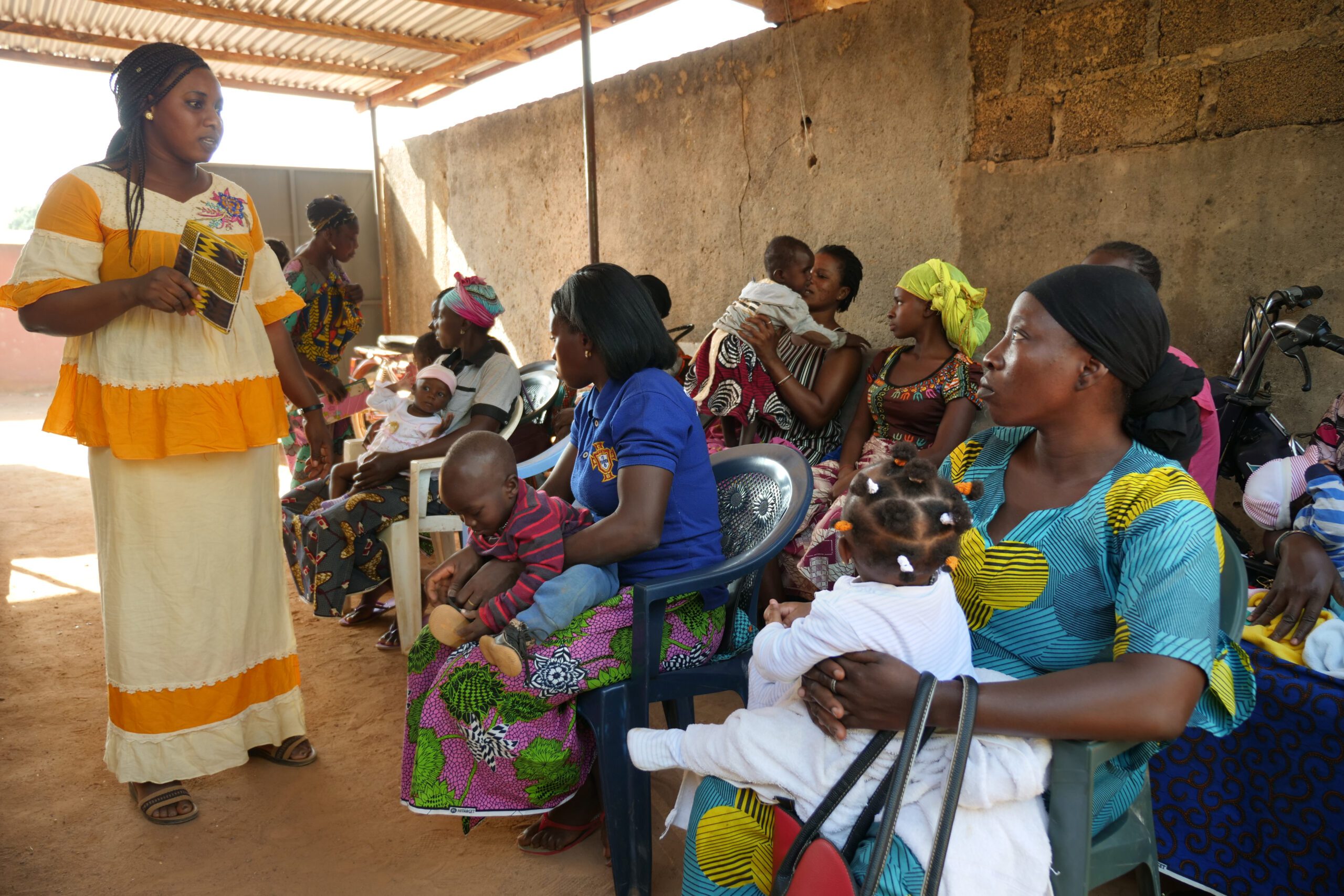
Improving Nutrition Through Education and Screenings
Mothers arrived with their children and waited on long wooden benches just inside the compound, in the cool shade of an awning. The session began with a summary of optimal infant feeding and hygiene practices. These include breastfeeding exclusively for the first six months and changing soiled diapers immediately. The moderator encouraged the women’s active participation in the discussion. The women, in turn, called out responses in a practiced way that indicated they were repeat visitors to Wo Pile Sanga – which is what is desired. Consistent screenings for malnutrition are crucial to eliminate child hunger and ensure a healthy population.
One by one, mothers lifted their infants into a tub scale and then held their squirming bodies straight on a measuring mat. One staff person did the weighing, one did the measuring, another entered the data into a spreadsheet. A fourth checked that data against standardized baselines to confirm whether the child was growing apace. On the day I visited, only one child out of the twenty or so who were screened was determined to be moderately malnourished. The staff gave the mother fortified food to take home, along with instructions for how to encourage her daughter’s weight gain. They asked the mother to return with her daughter in a few weeks’ time for further monitoring. That way, if the child’s condition wasn’t improving, they could provide further care.
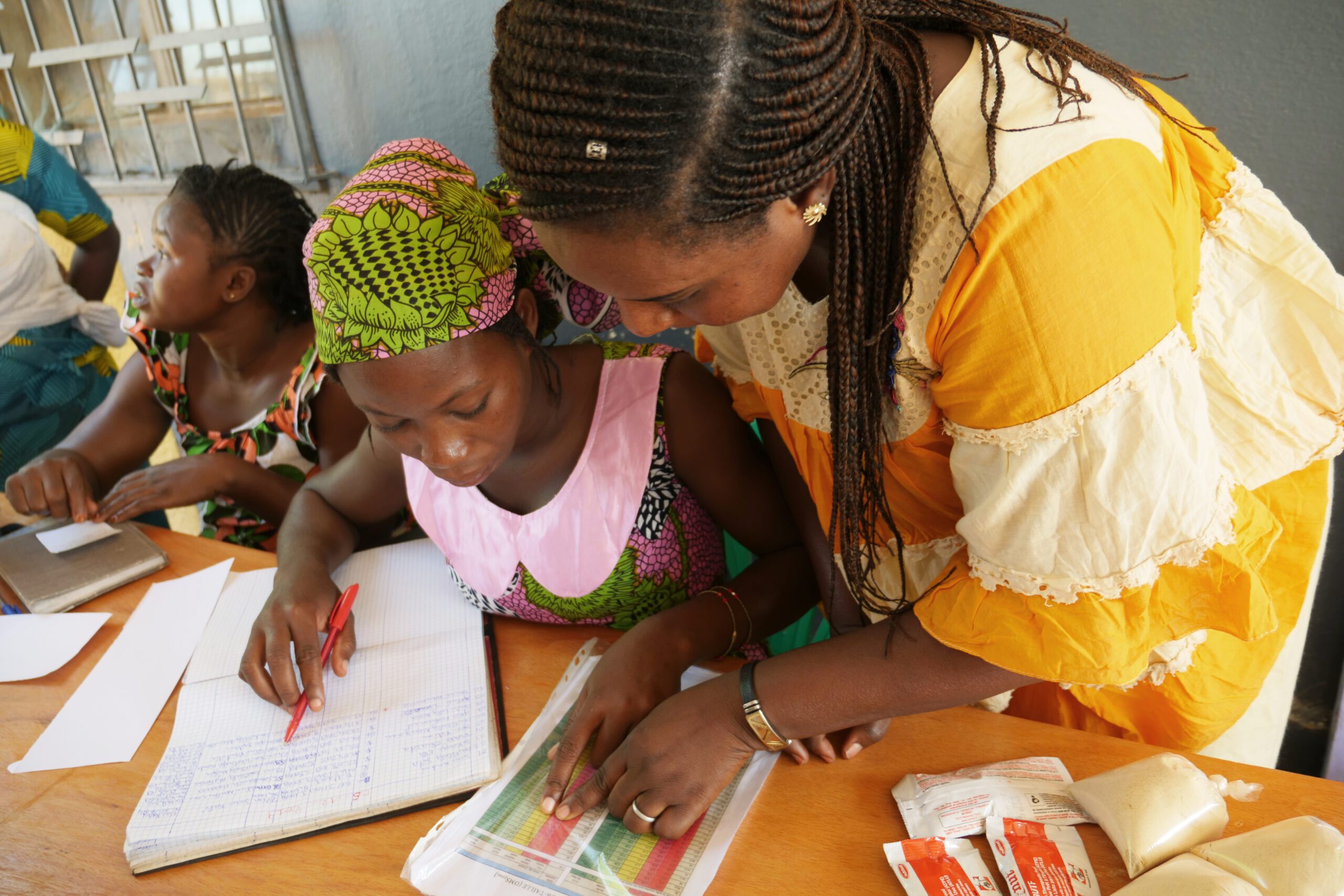
Working Towards a World Without Malnourished Children
I visited Wo Pile Sanga before the COVID-19 pandemic swept the globe, bringing the threat of a hunger crisis in its wake. According to the World Food Program, the number of people going hungry worldwide could double in 2020. Partners like Coulibaly and Wo Pile Sanga will be instrumental to stemming the tide. They are teaching communities how to get the most nutritional benefit possible from their food, they are catching and treating malnutrition early, and they are training others to do the same.
Coulibaly is not daunted by her mission. “It’s a relief to know that with the grace and help of God, we’ve saved lives,” she says. “But we haven’t finished. My dream for the future is to see a world without malnourished children. It’s going to be long and hard. But I think that together, we will succeed.”
Our partnership with Wo Pile Sanga was made possible through the generous support of Buddhist Global Relief.
